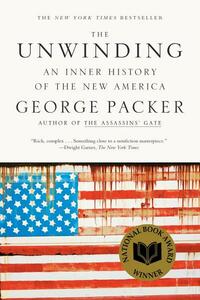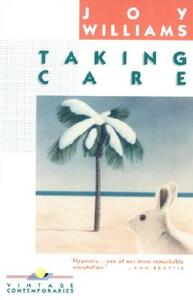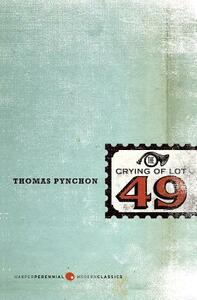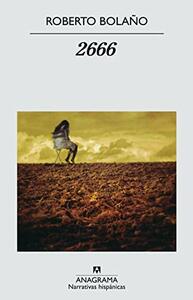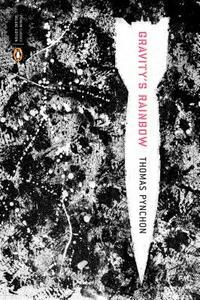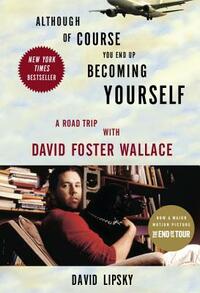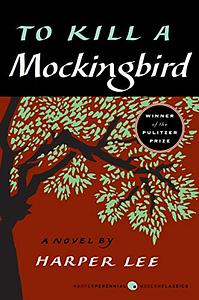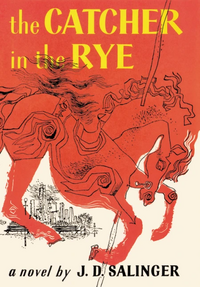Take a photo of a barcode or cover
matthewcpeck's reviews
586 reviews
This book is a sobering and often-depressing splash of cold reality in your face - but it's not what you'd expect, either. Instead of pages of statistics and studies, it reads like an epic ensemble novel. With its collection of life stories of several diverse Americans - each one of them utterly fascinating - 'The Unwinding' is nonfiction that sits well with art like 'Breaking Bad' and Jonathan Franzens 'Freedom'. It's an era with unprecedented personal freedom in our country's history, but the reliable institutions are no longer reliable and people are on their own, finding unorthodox routes to the American dream. Except for a very few hamfisted passages and for occasionally trying to hard to be hip, this vast and compelling book is almost perfect, and it left me feeling optimistic.
It's hard to explain why Joy Williams's writing is so awesome; you'll just have to dive in and read. This is her earliest story collection and some of the selections seem to be from a time when her style was not mastered yet, but others are perfect. My favorites: 'The Lover'; 'Traveling to Pridesup'; 'The Farm'; 'Winter Chemistry'; 'Breakfast' (later expanded into her great novel Breaking And Entering') and the title story.
I was aware beforehand that 'The Crying of Lot 49' was Pynchon's shortest book, but after having worked through 'Gravity's Rainbow', 'Mason & Dixon' and 'V.', I was surprised at just how zippy and accessible this novella is. At times I couldn't believe it was the same guy: 'Lot 49' certainly has its share of TP's distinctively dense, layered passages, but for most of its length the prose is straightforward and plot-driven.
Oedipa Maas's story begins with her unexpectedly being named executrix of an old flame's estate and ends in a morass of paranoia and the question of a possibly meaningless universe. The book has its roots in Hammett/Chandler, and its influence can be felt in art like 'Foucault's Pendulum', 'The X-Files', and especially Neal Stephenson. It's dated well, too - it feels like more like a new novel set in 1966 than a contemporary novel from that year. Although I'll always prefer the longer, messier books to the small, well-contained works, 'The Crying Of Lot 49' deserves its reputation as a satirical classic and a perfect gateway drug into harder Pynchon narcotics.
Oedipa Maas's story begins with her unexpectedly being named executrix of an old flame's estate and ends in a morass of paranoia and the question of a possibly meaningless universe. The book has its roots in Hammett/Chandler, and its influence can be felt in art like 'Foucault's Pendulum', 'The X-Files', and especially Neal Stephenson. It's dated well, too - it feels like more like a new novel set in 1966 than a contemporary novel from that year. Although I'll always prefer the longer, messier books to the small, well-contained works, 'The Crying Of Lot 49' deserves its reputation as a satirical classic and a perfect gateway drug into harder Pynchon narcotics.
This book took over most of my free time and consciousness for several days. The jacket claims that it's " 'Into The Wild' meets 'Helter Skelter' ", but I think NORTHERN EXPOSURE meets DOGTOOTH would be more accurate.
There are two simultaneous and compelling narratives in the book. The first is a even-handed account of an increasingly nasty conflict between an eccentric family and the federal government, and the balance between preserving a pristine environment from human beings and encouragement of a rural-subsistence lifestyle. The second story is about a monstrous human being that paired a distorted fundamentalist Christianity with mental and physical abuse to exert dominion over his family, and it gets very, very disturbing.
Tom Kizzia is a longtime local journalist who knows how to hold one's attention. The book sometimes careens awkwardly between straightforward reporting and novel-like embellishment, but I'm just nitpicking. Now I'm off to see if I can find YouTube videos of the Pilgrim Family Minstrels.
There are two simultaneous and compelling narratives in the book. The first is a even-handed account of an increasingly nasty conflict between an eccentric family and the federal government, and the balance between preserving a pristine environment from human beings and encouragement of a rural-subsistence lifestyle. The second story is about a monstrous human being that paired a distorted fundamentalist Christianity with mental and physical abuse to exert dominion over his family, and it gets very, very disturbing.
Tom Kizzia is a longtime local journalist who knows how to hold one's attention. The book sometimes careens awkwardly between straightforward reporting and novel-like embellishment, but I'm just nitpicking. Now I'm off to see if I can find YouTube videos of the Pilgrim Family Minstrels.
A.K.A. 'Science Is Hard'. This 65-page article is not quite the mind-boggling/awe-inspiring popular science that I was hoping for, but it's a useful illustration of the tedium, frustration, and disappointment that are part of even the tiniest amount of scientific progress. The 'coda' chapter is unexpectedly haunting.
